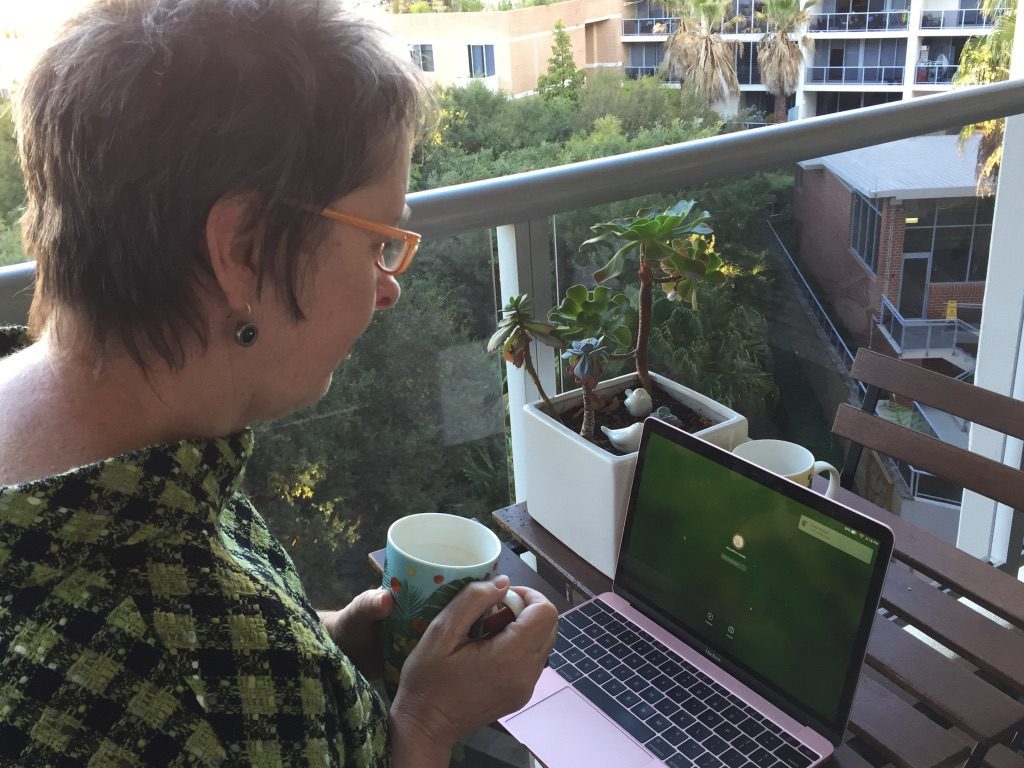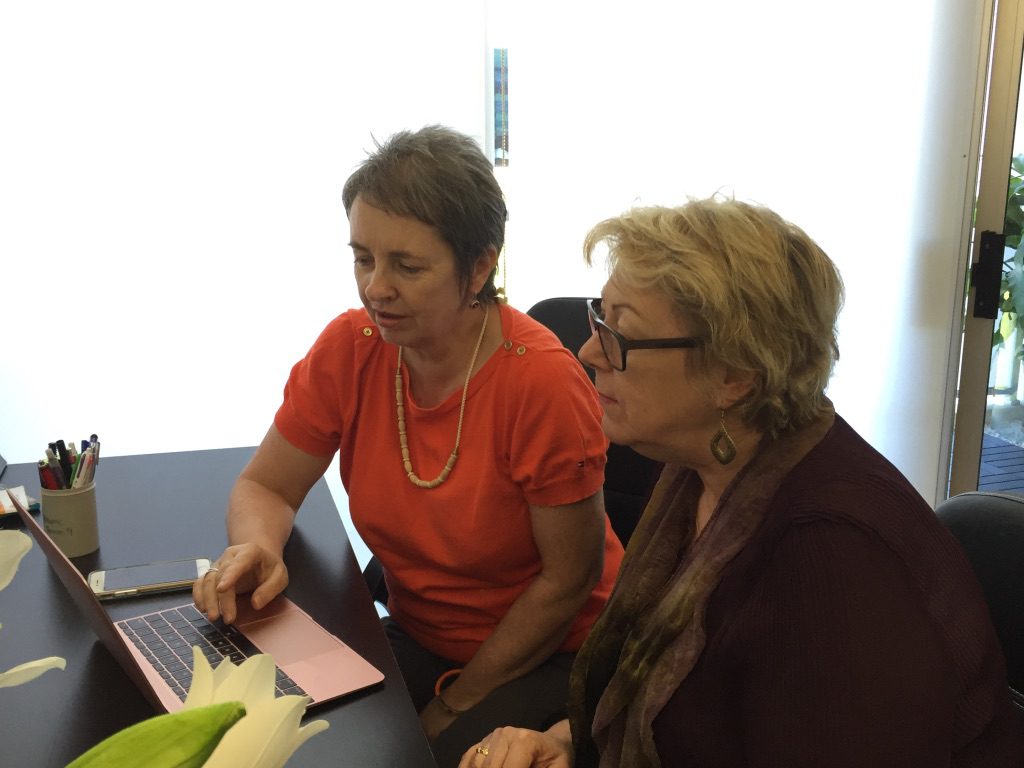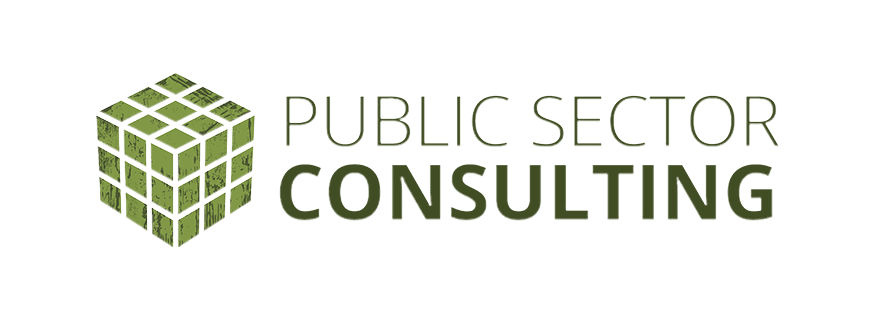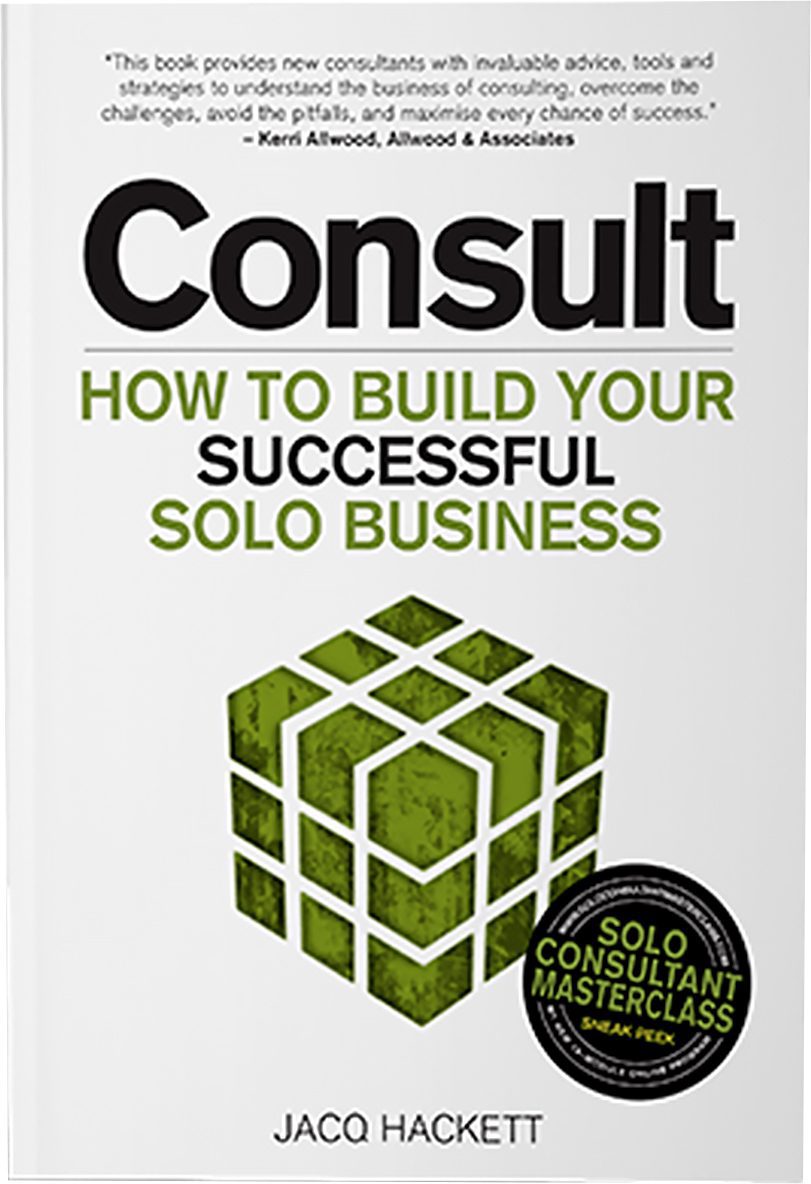As a consultant, time is money. When you’re just starting out, there are all sorts of aspects of the consultant role that you may not have mastered.
What are your consulting mistakes costing you?
Here’s five examples of how your consulting mistakes could be costing you dearly.
- Failing to win competitive consultancy bids
Preparing proposals and quotes for consultancy projects is a service most consultants do free of charge. Depending on how big the project scope is, this might take a day of your time, or even two. If your consultancy proposals are failing to hit the mark with prospective clients, you will end up spending much more time on preparing additional bids until you are eventually awarded a project.
Over a year if you prepare 10 consultancy bids and only win 4 projects,52 that’s a lot of unpaid days you’ve spent preparing proposals that didn’t yield a result.
Cost to you for a year: 6 unpaid days @ $1000 = $6000.
- Under-quoting
If you are inexperienced in quoting for consultancy projects, there’s a good chance you’ll fall into the trap of underquoting. To avoid this its really critical that you learn the ropes of scoping out a project in advance so you can estimate your time and therefore your costs as accurately as possible. If you don’t you’ll find yourself having to undertake essential tasks you won’t get paid for. For example, if you don’t accurately estimate the scope of the stakeholder consultations and it takes you two days longer than you quoted to get through the interviews, those will be unpaid days. Or if you quoted four days to undertake the analysis but you struggle with the complexity and end up spending double that amount of time, that’s another four unpaid days.
Cost to you for one project: 6 unpaid days @ $1000= $6,000.
- Delivering an unsatisfactory report
Writing an excellent consultancy report is a very particular skill. Your reports needs to be crafted well, have a logical flow and provide clear findings and solid recommendations. They also need to be well written in Plain English. And you need to develop speed and confidence to produce complex reports within tight timeframes. If you deliver a poor draft report, your client will quite rightly demand extensive revisions. If you quoted only 1.5 days to make amendments to the draft and you now need to spend 5 days re-writing it, this is really going to cost you.
Cost to you for one project: 3.5 unpaid days @ $1000 = $3,500.
- Failing to manage changes in scope
Every consultancy project has the potential for scope creep. Even with good planning things change and you need to be open to this and flexible to accommodate it. Consultancy projects are dynamic; you’re working in organisations with people and systems and emerging issues. There are justifiable reasons for the scope of the project to shift and a good consultant is flexible enough to accommodate this. But often these changes result in additional consulting days for the project and when this occurs you need to be proactive in re-negotiating the terms with the client so that you’re not out of pocket.
Negotiating terms and costs can be uncomfortable if you’ve spent your working life in organisations under a fixed salary. This discomfort has many new consultants just going with the flow, taking on the additional work when the scope shifts, but not being paid for it.
To avoid this, you need to manage these emerging issues by renegotiating the terms with the client. For example, if after the contract has been signed the client asks you to meet and interview a number of extra Board members and senior executives, don’t simply agree to this and get on with it. Let the client know that you can accommodate this, but it will involve an extra two days of your time. If you just say yes without negotiating the additional time and costs, then you will be out of pocket yet again.
Cost to you for one project: 2 unpaid days @ $1000 = $2000.
- Getting bogged down in analysis
Analysis is tricky and complex work. Somehow you need to distil all that raw information into a set of useful findings that synthesises all the key issues and paves the way forward. And because this kind of analysis is generally not something you’ve had to do before, you don’t have a system or method. Without a road map you go round and round and back and forth. You worry that your findings are too shallow, or too complex, or not logical. You quoted 5 days to do this and you’ve already spent 8 and it’s still not done. Unless you get on top of this core consultancy skill pretty quickly you’ll be stressed out and underpaid.
Cost to you for one project: 3 unpaid days @ $1000 = $3000
The bottom line
If you make all of these mistakes, that’s going to cost you over $20,000 over a year. If you don’t learn from those mistakes and you repeat them over and over in your projects, the bottom line just gets bigger and bigger.
Don’t let your mistakes cost you money. And don’t let them wear down your confidence. Remember, you’ve had a successful career and you bring a wealth of experience and a solid set of skills to the role of consultant. You have credibility and excellent credentials. So you have the foundations and you can do this. But there is a learning curve and some core consultancy skills you may need to learn or strengthen. Identify those, get some support to develop those skills and you’ll never look back.
Jacq Hackett provides expert consulting services to public health agencies. And as a veteran of over two decades of consulting, she now provides coaching and development for other consultants. She is passionate about supporting the next generation of public sector consultants to become very good at what they do.
If you’ve recently made the transition from employment to consulting – or you’re on the cusp of making the move, enrol in my Public Sector Consulting Fundamentals program – five video training sessions focusing on some of the essential building blocks of developing a successful public sector consultancy business.
Take one of the Public Sector Courses with Jacq!

Consulting Proposals Online Workshop
Learn How To Write Compelling Consulting Proposals That Win More Public Sector Projects.



Fundamentals
Five video training sessions focusing on some of the essential building blocks of developing a successful public sector consultancy business.


Launchpad
Launchpad will prepare you to launch [or re-launch] your public sector consulting business by guiding you step by step through
- Defining your service offering
- Developing your capability statement
- Developing an initial marketing strategy


Masterclass Series
The Masterclass series distils over two decades of consulting experience into the most comprehensive online training program available, tailored specifically for public sector consultants.


Accelerator
The Accelerator is an 8-week group mentoring program designed to teach you everything you need to know to start or grow a profitable, sustainable public sector consulting business. In the Accelerator, we focus on skill development, business development, and mindset development.


Mentoring and Resources for Public Sector Consultants
Looking for 1:1 support? My individual mentoring sessions will provide you with specific, targeted support on any issue or challenge at any time.
Looking for resources? I have a number of free cheat sheets you can download.
Consult – Book Available Now
Jacq’s book Consult invites you into the often closed shop of the consulting world. You’ll learn what you need to know to get you started on the right track, as well as practical tips and simple steps for developing your consulting expertise over time.




